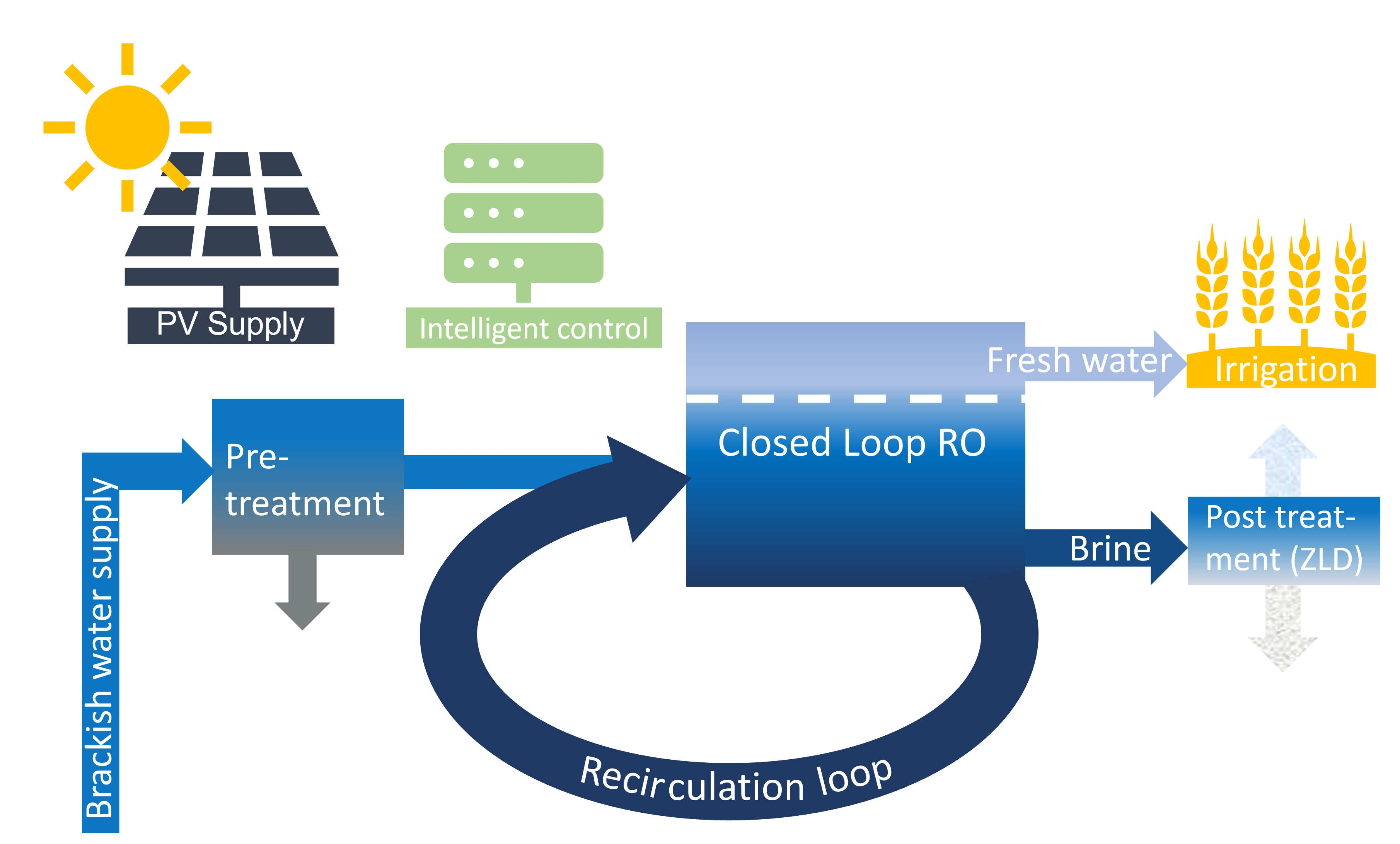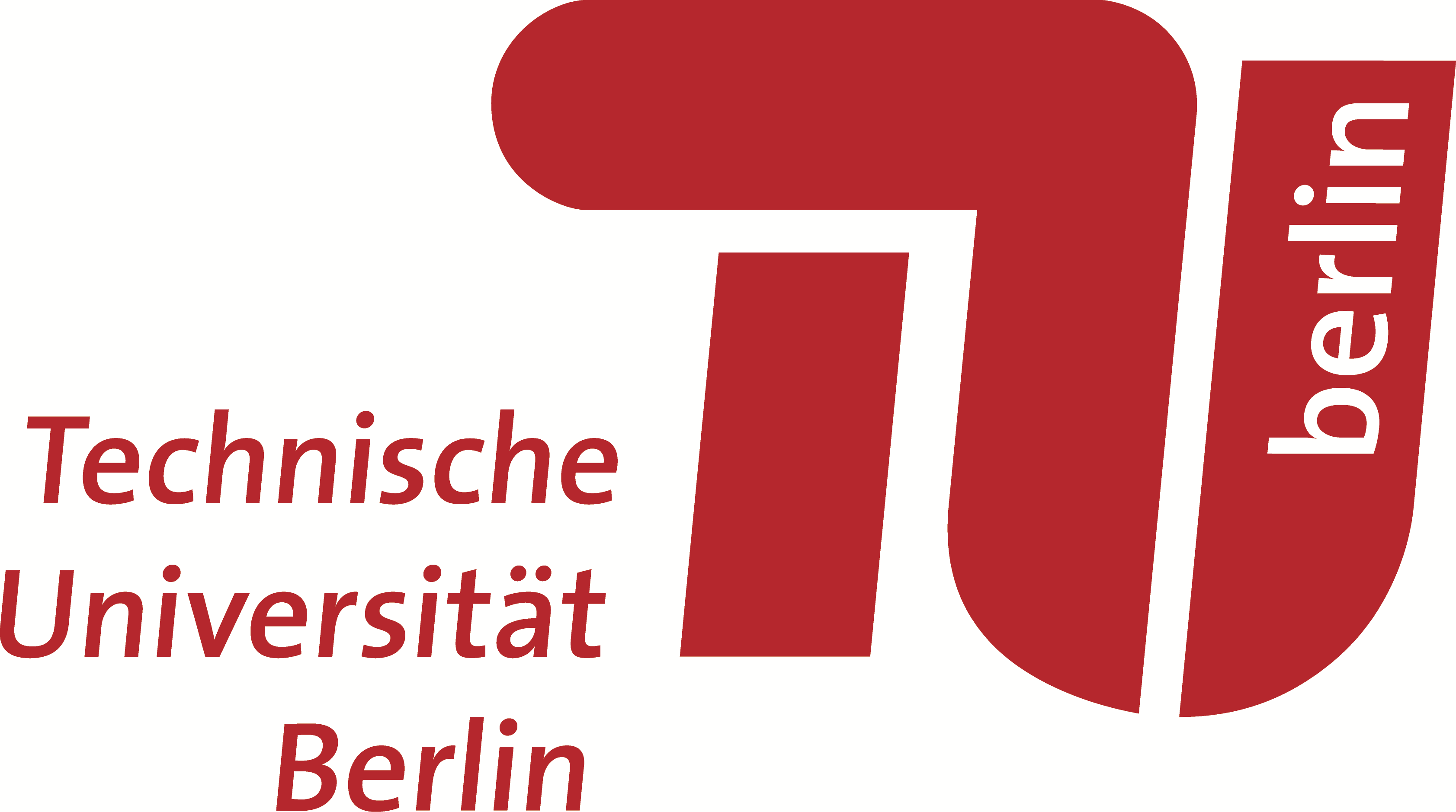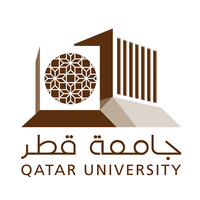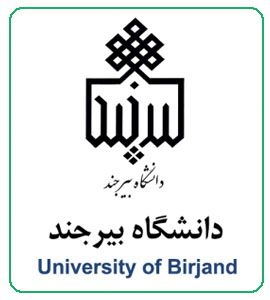Intensification of the recovery ratio in brackish water desalination systems for agricultural irrigation - HighRec
Project Summary
The utilization of brackish water for agricultural and industrial purposes becomes essential in the Middle East since the natural inland freshwater resources become very limited. While in Qatar more than two third of the fresh water is supplied by seawater desalination today, Iran has an increasing number of regions, which seriously suffer from freshwater shortages causing critical implications on the industrial and agricultural sector. General challenges of conventional brackish water desalination technologies are the low recovery ratios, the high energy demand associated with CO2 emissions, the disposal of produced brines and the very limited durability against changing raw water compositions. Therefore, the objective of the HighRec project is to develop highly flexible solar driven desalination systems including advanced pretreatment technologies, which enable very high recovery ratios and dynamic adaptation to changing raw water compositions. Closed Loop Reverse Osmosis (CLRO) was selected as highly flexible desalination technology. In CLRO the brine is continuously recirculated through the RO module while the salt concentration is increased up to a calculated threshold salinity. Then the brine is discharged.

This way of operation already implies a continuous adaptation of the operation pressure and enables the adaptation to very different feed water compositions and enables high recovery ratios. Different chemical free pre-treatment technologies as e.g. Electro Dialysis Metathesis (EDM) and Capacitive Deionization (CDI) will be investigated and tested to prevent the CLRO from scaling. The energy supply will be based on solar PV with minimum battery storage. Technical concepts for zero liquid discharge (ZLD) will be technically and economically evaluated. We are focusing on two different applications: At Qatar University, we investigate brackish water desalination together with reuse of drainage water for hydroponic agriculture. At Birjand University, Iran, fresh water will be produced by brackish water desalination for saffron irrigation. A multi criteria analysis is conducted to assess the different technical solutions with respect to the local boundary conditions and demands of different sectors versus their techno-economical soundness. A small-scale demonstration system will be built, operated and evaluated at Qatar University first and at the University of Birjand in the second phase. Courses conveying the required operational and maintenance skills for technicians and engineering students will be developed in order to create a holistic technology transfer program involving all relevant stakeholders.
Further information
Contact person: Dr.-Ing. Joachim Went





